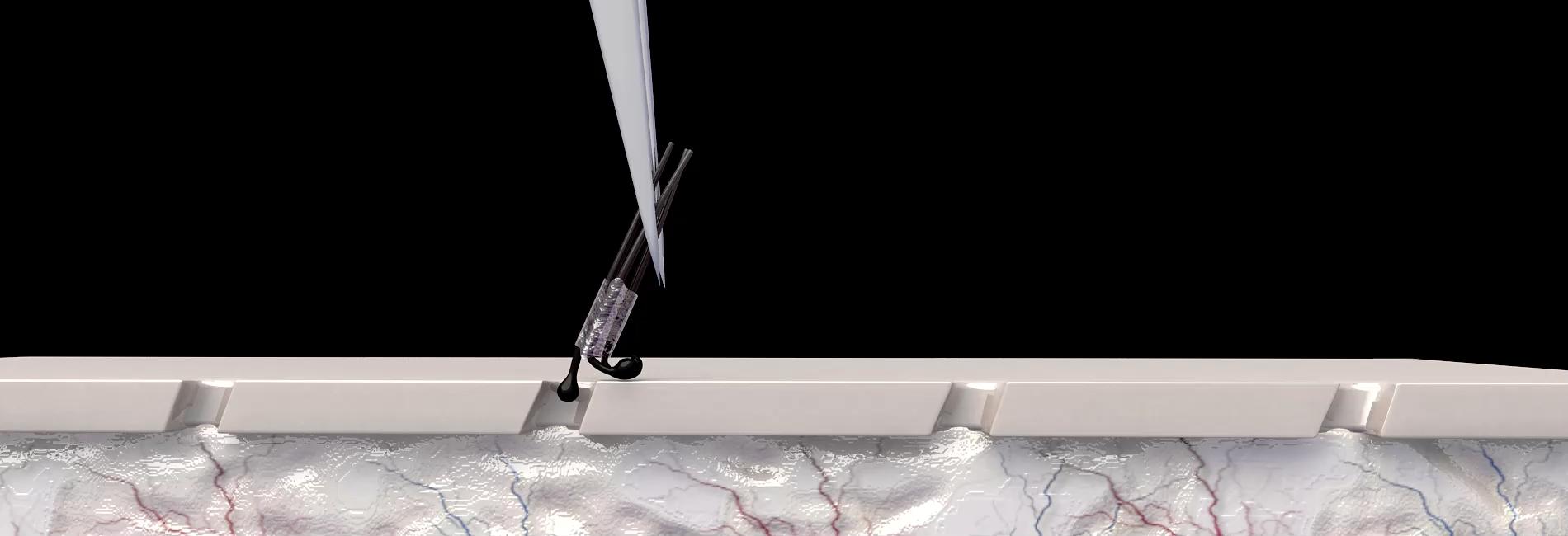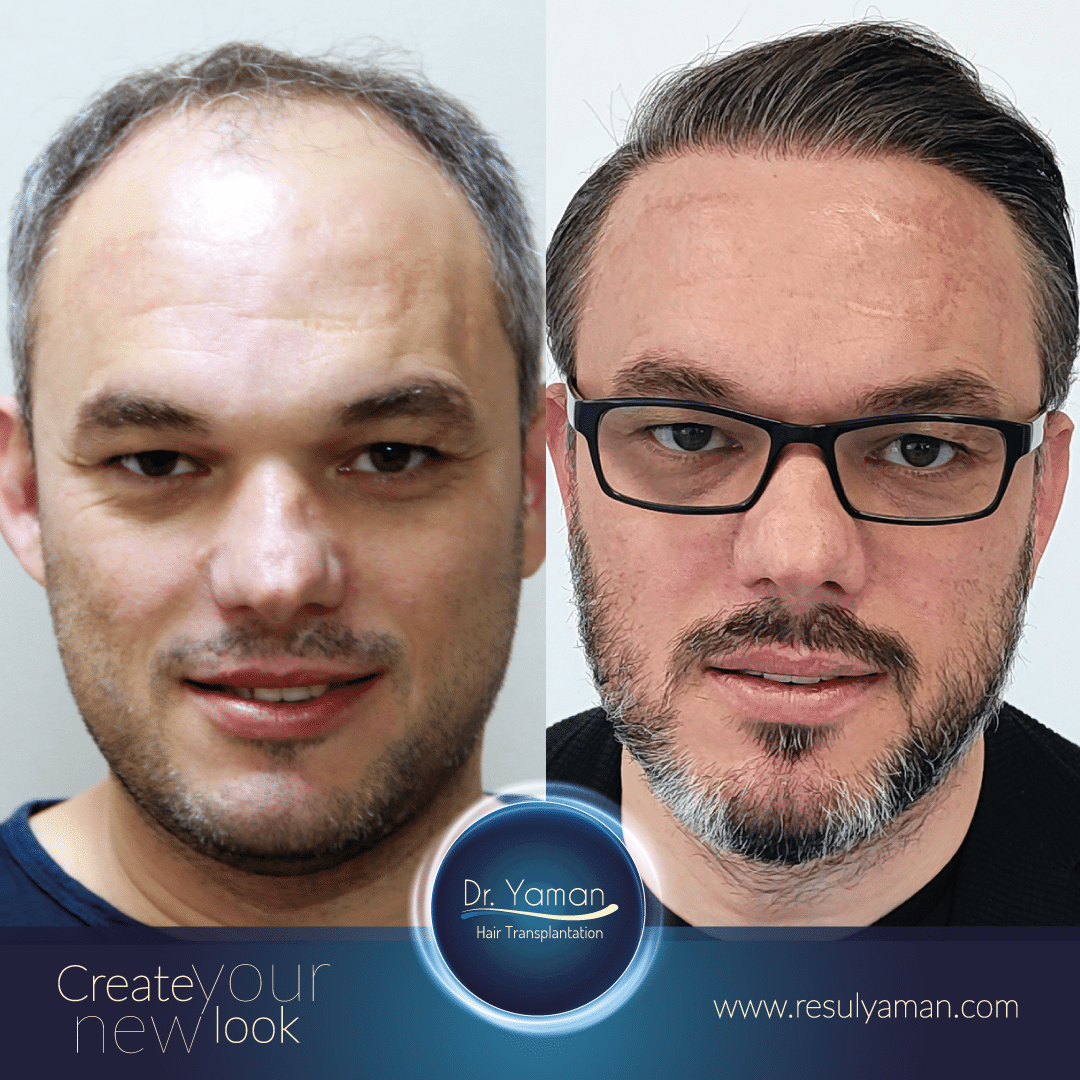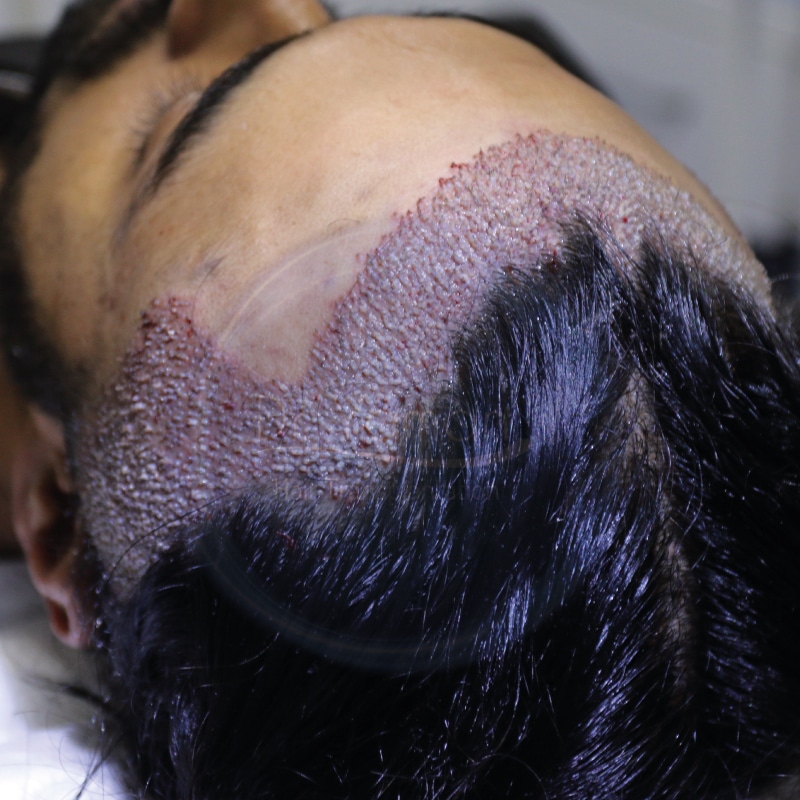Hair transplants are becoming increasingly common and procedures like FUE, FUT, and DHI are offered in locations like Turkey at specialist surgeries. These procedures have fantastic results and success rates of 90%+.
Additionally, the recovery time is short, there is minimal scarring, and for all intents and purposes the results are permanent. However, not everyone wants to undergo surgery and it is understandably a scary thing to consider.
There is also the associated cost of a hair transplant in Turkey, and the possible expense of having the surgery done in a different country. With these things in mind, some people want to know if there are any non-surgical alternatives to hair transplant and we discuss these below.
Finasteride
Finasteride is one of the most common hair loss drugs and it works by reducing the levels of DHT in your body (Dihydrotestosterone). DHT is a sex hormone found in males that is a direct contributor to hair loss by blocking your hair follicles from producing new hair.
You typically take doses of 1mg of Finasteride per day and it can take up to three months to see any results. When taking this drug it can result in improved hair growth but there are some potential side effects too which simply aren’t apparent in hair transplant surgeries.
These include a decreased libido, skin rashes, and erectile dysfunction. It’s important to note that none of these side effects are permanent but they can affect your daily life while you are taking the drug.
Also Read: How Does Age Affect the Outcome of Hair Transplant Surgery?
Minoxidil
Minoxidil or Rogaine is a topical treatment that you massage directly onto your scalp two times per day. It is classed as a vasodilator which causes blood vessels in your scalp to widen which in turn encourages improved nutrients in your hair follicles and hair growth.
Unlike Finasteride and Dutasteride, Minoxidil is available for use by women as it doesn’t affect your hormones in any way. The only side effects with Minoxidil are that it can change your hair color, and cause hair shedding.
Dutasteride
Dutasteride is another common hair loss drug that is taken orally as a tablet. Like Finasteride, Dutasteride works by blocking the enzymes in your body that convert testosterone to DHT.
The tablet typically takes 3 months to show any results but some studies have shown that it can perform better than Finasteride, particularly for conditions like alopecia. Like Finasteride, there is a small chance that you can experience side effects like ejaculation disorders and erectile dysfunction.
One of the main drawbacks is that these tablets are suitable for men only and do not work on, or are not recommended for women.
Read More: Is Hair Transplant a Permanent Solution for Hair Loss?
Scalp Micropigmentation
Scalp Micropigmentation is used in various fields and is similar to microblading which is used to create the visual effect of thick and bushy eyebrows.
The process involves using an electric tattooing device to create the effect of shadow on your scalp in the areas where your hair is thin.
Hair transplants are not suitable for all types of hair loss and one of these is alopecia. Scalp micropigmentation is great for alopecia as it can be used to effectively shade and disguise the areas where your hair is patchy.
The main downside of SMP is that obviously it is just an effect. No real hair is added or transplanted so it can never achieve the same overall look and robustness of transplanted hair follicles.
Hair Transplant Surgery is the Best Permanent Option
While there are many alternatives to hair transplant surgery that don’t require medical procedures, FUE and FUT remain some of the best options to give you a permanent solution to your hair loss.
Of course, there is an associated cost, recovery time, and slight scarring, but the transplanted hair should last for your lifetime and it looks fantastic.
 WhatsApp
WhatsApp Get Mail!
Get Mail!
 English
English Italiano
Italiano Español
Español Türkçe
Türkçe Português
Português Français
Français Deutsch
Deutsch عربي
عربي






